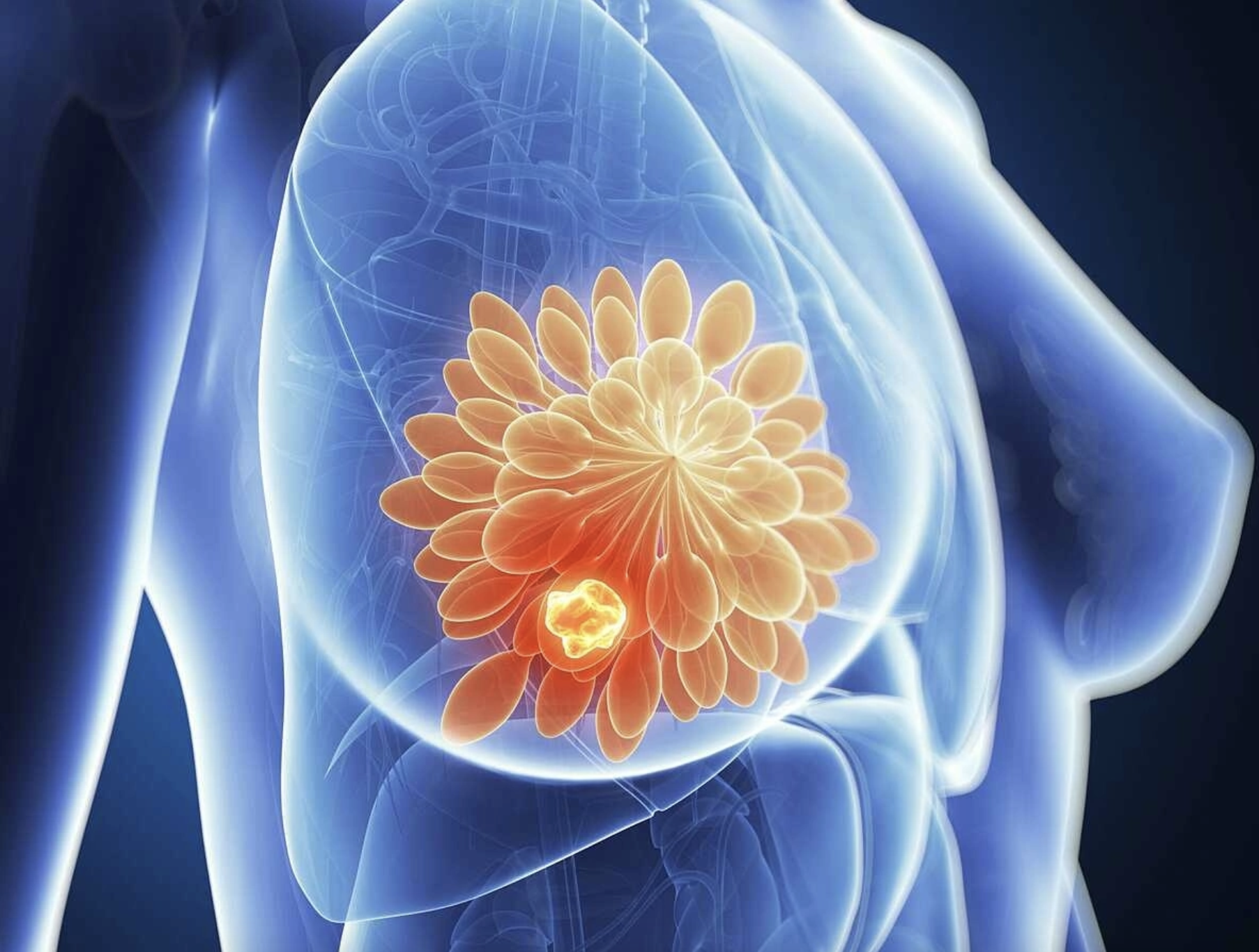Experts at the Korea Advanced Institute of Science and Technology (KAIST) recently announced a breakthrough in developing artificial intelligence (AI) technology for cancer diagnosis and treatment.
The Lunit Insight platform, designed to diagnose lung and breast cancer, has shown impressive results with 97-99% accuracy without the need for radiologist intervention. By the end of July, over 10,000 healthcare facilities in 65 countries worldwide had implemented Lunit Insight.
The developers emphasize that Lunit Insight is not a replacement for radiologists, but rather a "virtual assistant" that analyzes medical images and provides in-depth assessments. The software uses deep learning technology, trained on a vast database of verified X-rays and mammograms. This allows Lunit Insight to learn and identify abnormal signs potentially linked to cancer.
When an image is uploaded, the AI scans it for suspicious areas such as tumors, microcalcifications, or structural distortions. The system then assigns an "abnormality score" to each area, typically from 0 to 100, to reflect the risk of malignancy. For easier interpretation by doctors, Lunit Insight visually displays the results on the original image using heat maps or colored contours to highlight high-risk areas.
"Our ultimate goal is to help humanity conquer cancer through early detection and support the development of cancer treatments using AI biomarkers," said Baek Seung Wook, founder and chairman of Lunit.
He added that using AI allows for more accurate cancer screening, leading to earlier detection and less costly chemotherapy, thus reducing overall treatment expenses.
 |
Illustration of a breast cancer tumor forming in the body. Image: Adobe Stock |
Lunit is expanding its scope from diagnosis to treatment, collaborating with 15 of the top 20 global pharmaceutical companies, including AstraZeneca and Genentech.
My Y (Donga Ilbo)












